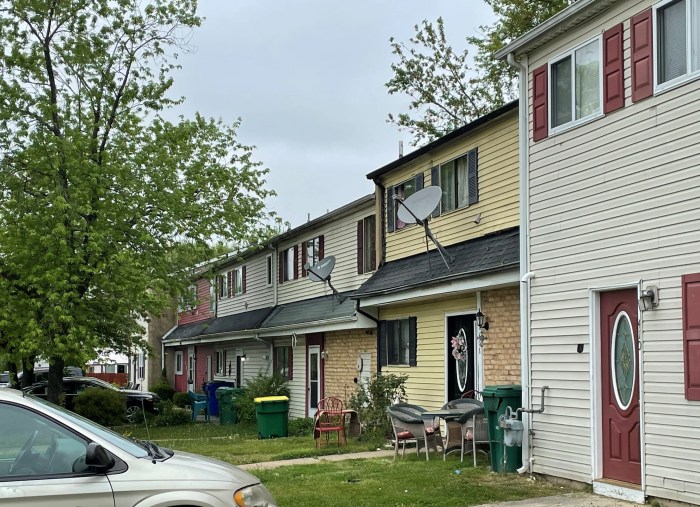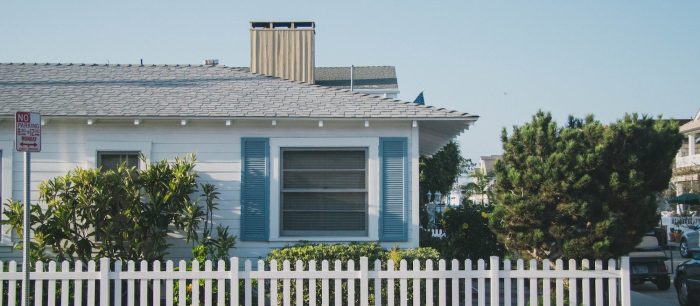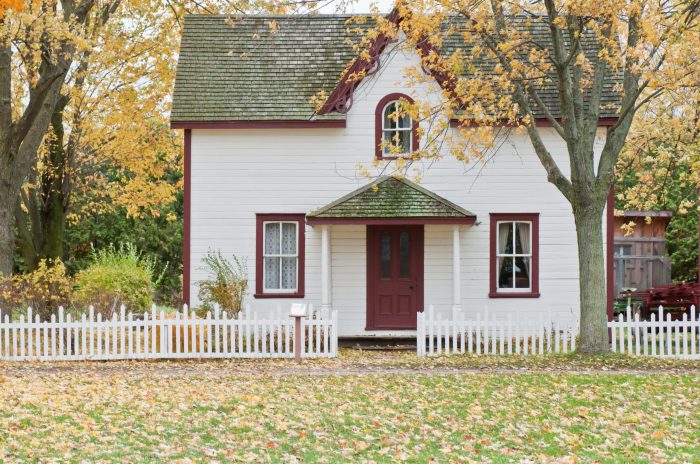Houses for Rent in Delaware by Private Owners
Understanding the Delaware Rental Market
The Delaware rental market, particularly for houses, presents a diverse landscape influenced by factors such as location, seasonality, and overall economic conditions. Understanding current trends is crucial for both prospective renters and private owners.
Current Trends in the Delaware Rental Market
Delaware’s rental market is experiencing a dynamic interplay of factors. Increased demand, particularly in coastal areas and those with good proximity to employment centers, has led to a rise in rental prices in recent years. The availability of houses for rent from private owners varies across counties, with more competitive markets in areas with higher population density and desirable amenities.
New construction projects and renovations are also impacting the supply and type of rental properties available.
Rental Prices in Different Delaware Counties
Rental prices significantly vary across Delaware’s three counties: New Castle, Kent, and Sussex. New Castle County, home to Wilmington and major employment hubs, generally commands the highest rental rates due to higher demand and proximity to urban amenities. Kent County offers a more moderate market, while Sussex County, known for its beaches and more rural character, presents a range of prices, with coastal areas tending to be more expensive.
Popular Areas for Renting Houses in Delaware
Popular areas for renting houses include those near major employment centers like Wilmington, Newark (home to the University of Delaware), and Dover. Coastal towns in Sussex County, such as Rehoboth Beach and Lewes, are also highly sought-after, albeit often at a premium. Areas with strong school districts and access to amenities like parks and shopping centers also tend to be in high demand.
Types of Houses Typically Rented by Private Owners in Delaware
Private owners in Delaware rent a variety of house types, ranging from single-family homes and townhouses to larger properties suitable for families. The availability of specific types depends heavily on location and the owner’s portfolio. Older, established homes are common, as are newer constructions in developing areas. The size and features vary considerably, reflecting the diversity of the market.
Private Owner Rental Listings
Finding a house for rent from a private owner in Delaware requires navigating various online platforms and understanding the advantages and disadvantages compared to renting through property management companies.
Online Platforms for Private Owner Listings
Several online platforms facilitate the connection between private owners and prospective renters in Delaware. These include popular national sites like Zillow, Trulia, and Apartments.com, as well as more localized or niche platforms. Craigslist, Facebook Marketplace, and Nextdoor can also be utilized, although extra caution is warranted when using these platforms due to a higher potential for scams.
Advantages and Disadvantages of Renting from a Private Owner
Renting from a private owner can offer advantages such as potentially more personalized interactions and greater flexibility in lease terms. However, it also carries potential drawbacks, including a lack of professional property management services and potentially less accountability in maintenance and repairs. Property management companies typically handle these aspects more systematically.
Tips for Finding Reliable Private Owners
Thorough vetting is crucial. Verify the owner’s identity, check online reviews (if available), and inspect the property carefully before signing any lease agreement. Obtain references from previous tenants if possible. Review the lease thoroughly before signing and seek legal advice if needed.
Comparison of Listing Platforms
| Platform | Features | Fees | User Reviews |
|---|---|---|---|
| Zillow | Wide reach, detailed property information, photo galleries | Potentially fees for premium listings | Generally positive, but some complaints about accuracy of information |
| Trulia | Similar features to Zillow, strong neighborhood data | Similar fee structure to Zillow | Generally positive, known for user-friendly interface |
| Apartments.com | Large database, various filtering options, direct contact with landlords | May have fees for landlords, but typically free for renters | Mixed reviews, some complaints about outdated listings |
| Facebook Marketplace | Local reach, direct communication with owners | No platform fees | Highly variable, increased risk of scams |
Lease Agreements and Legal Considerations
Delaware lease agreements contain specific clauses protecting both landlords and tenants. Understanding these clauses and the relevant laws is essential for a smooth rental experience.
Typical Clauses in Delaware Lease Agreements
Typical clauses include details on rent amount and payment schedule, lease term, responsibilities for repairs and maintenance, security deposit terms, and provisions for early termination. Specific clauses related to pets, subletting, and guest occupancy are also common. It’s crucial to read every clause carefully and understand its implications.
Rights and Responsibilities of Landlords and Tenants
Delaware law Artikels the rights and responsibilities of both parties. Landlords are responsible for maintaining habitable conditions and addressing necessary repairs. Tenants are responsible for paying rent on time, maintaining the property in a reasonable condition, and adhering to the terms of the lease agreement. Understanding these legal frameworks is critical for preventing disputes.
Checklist of Important Documents Before Signing a Lease
- The lease agreement itself
- Proof of landlord’s ownership or management authority
- Disclosure of any known property defects
- Information on utilities and services
- Any addendums or amendments to the lease
Potential Legal Issues and How to Address Them
- Security deposit disputes: Ensure proper documentation of the condition of the property upon move-in and move-out.
- Maintenance issues: Document all repair requests and follow up in writing.
- Lease violations: Understand the consequences of violating lease terms.
- Eviction proceedings: Familiarize yourself with Delaware’s eviction laws.
Finding and Evaluating Properties

Source: whyy.org
A systematic approach to searching and evaluating properties is crucial for finding a suitable rental home in Delaware.
Step-by-Step Process for Searching for Houses

Source: rent.com
- Define your needs and budget.
- Utilize online platforms and local resources.
- Contact owners to schedule viewings.
- Conduct thorough property inspections.
- Review the lease agreement carefully.
Tips for Communicating with Private Landlords
Maintain clear and professional communication. Be respectful of the owner’s time and promptly respond to inquiries. Ask clarifying questions and ensure you fully understand the terms of the lease before agreeing to anything.
Questions to Ask Private Owners
- What are the terms of the lease?
- What is included in the rent (utilities, etc.)?
- What is the process for handling repairs?
- Are there any restrictions on pets or guests?
Conducting a Thorough Property Inspection
Inspect all aspects of the property, including plumbing, electrical systems, appliances, and structural elements. Note any existing damage or issues and document them in writing. Consider taking photos or videos as evidence.
Financial Aspects of Renting
Understanding the various costs associated with renting and establishing a realistic budget are vital for responsible tenancy.
Typical Costs Associated with Renting
Typical costs include rent, security deposit (usually one or two months’ rent), utilities (electricity, water, gas, etc.), renter’s insurance, and potentially other fees specified in the lease agreement. These costs can vary depending on the property’s size, location, and amenities.
Methods for Paying Rent
Common methods include checks, money orders, online payment platforms (like Zelle or Venmo), and automated bank transfers. Always confirm the preferred payment method with the landlord and obtain receipts for all payments.
Importance of Renter’s Insurance
Renter’s insurance protects your personal belongings against damage or theft, and it can also provide liability coverage in case someone is injured on your property. It’s a relatively inexpensive investment that offers significant peace of mind.
Sample Budget for Renting a House in Delaware
This is a sample and will vary greatly based on location and the specific property:
| Expense | Estimated Monthly Cost |
|---|---|
| Rent | $1800 |
| Utilities | $300 |
| Renter’s Insurance | $20 |
| Groceries | $500 |
| Transportation | $200 |
| Other Expenses | $200 |
| Total | $3020 |
Neighborhood and Community Information

Source: payrent.com
Choosing a neighborhood involves considering factors beyond just the house itself. Researching amenities, schools, and community resources is crucial for a fulfilling rental experience.
Descriptions of Different Delaware Neighborhoods
Delaware offers a variety of neighborhoods, from bustling urban areas to quiet suburban communities and charming coastal towns. Each area has its unique character, amenities, and proximity to services. Researching specific neighborhoods based on your preferences is essential.
Pros and Cons of Urban vs. Suburban Renting
Urban areas offer proximity to amenities and employment centers, but often come with higher costs and less space. Suburban areas typically offer more space and a quieter environment, but may require longer commutes.
Resources for Researching Schools and Community Activities
Delaware’s Department of Education website provides information on school districts and performance data. Local community websites and town halls are excellent resources for learning about local activities and events.
Comparison of Delaware Neighborhoods
| Neighborhood | Crime Rate (Illustrative Example – Requires further research) | School District | Amenities |
|---|---|---|---|
| Wilmington, DE (Downtown) | Higher than average (Illustrative) | Wilmington | Restaurants, shops, cultural attractions |
| Newark, DE | Lower than average (Illustrative) | Colonial | University of Delaware, parks, shopping |
| Rehoboth Beach, DE | Lower than average (Illustrative) | Cape Henlopen | Beaches, restaurants, tourism |
Expert Answers
What is the average security deposit in Delaware?
Security deposits typically range from one to two months’ rent, depending on the property and landlord.
How do I find out about a landlord’s rental history?
You can ask for references from previous tenants or check online review sites. You may also want to consult with the Delaware Attorney General’s office for any complaints filed against the landlord.
What are my rights if my landlord enters my property without notice?
Delaware law generally requires landlords to provide reasonable notice before entering a rental property, except in emergencies. Consult Delaware’s tenant-landlord laws for specific details.
Finding houses for rent in Delaware by private owners can be a rewarding experience, offering unique properties and potentially more personalized interactions. If you’re considering a change of scenery, however, you might also explore options like those available at big bear houses for rent , before returning to your Delaware search. Ultimately, the best choice depends on your individual needs and preferences when searching for your ideal rental.
Can I break my lease early?
The possibility of breaking a lease early depends on the terms of your lease agreement. There might be penalties involved, so review your lease carefully.
What utilities are typically the tenant’s responsibility?
Tenants usually pay for electricity, gas, water, and sometimes internet and cable. Your lease agreement will specify which utilities are your responsibility.




















